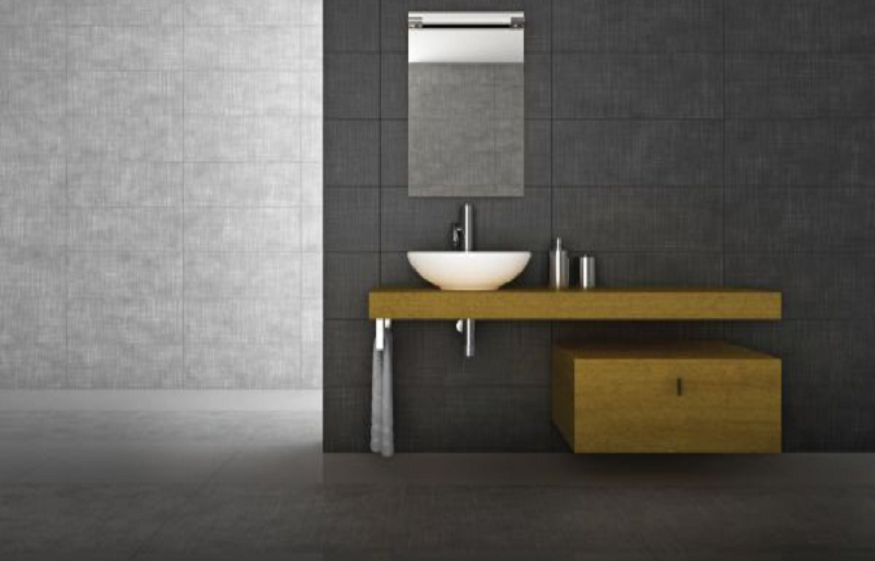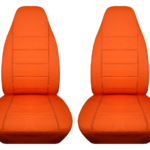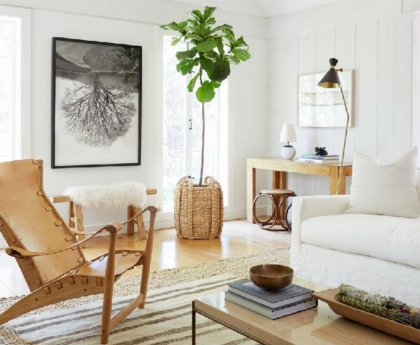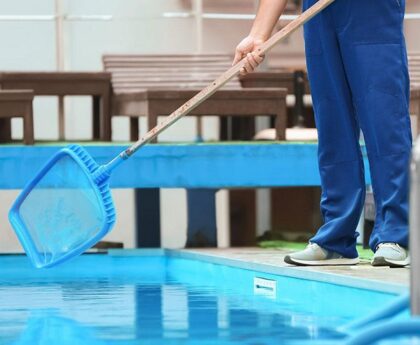PVC is the most versatile material. Due to their durability and affordability, boards made from them are extensively used in indoor and outdoor construction projects. The chemical composition and the full form PVC, Poly Vinyl Chloride, is widely used in advertising and construction industries. The lightweight properties make them ideal for manufacturing furniture for commercial spaces such as restaurants, school classrooms, and offices.
There are various types of PVC boards that exhibit different types of properties. These different types of boards are used for different projects. Hence identifying the apt board for your project needs is necessary. But before choosing the appropriate board, one must identify the objective of their projects.
In this article, various types of PVC boards are discussed along with their pros and cons. Broadly these boards are of types, namely foam boards and hollow boards.
The properties of these boards are discussed below:
- Hollow Board – these boards as the name suggests, are hollow from the inside.
Advantages of hollow board
- These boards are lightweight and easy to carry. Due to their hollow and lightweight nature, they are easy to install.
- They can be quickly installed as surface finishing is not required.
- They are budget-friendly. Due to its lightweight nature, its transportation costs less too.
- The material has a shiny texture, which makes it ideal for decorations.
Disadvantages of Hollow Board
- These boards are not resistant to heat or fire. These boards are flammable and are not recommended to be installed in places like kitchens or outdoors.
- These boards are not resistant to termites, one may require to apply anti-termite coating over the surface or use other substitutes if the place of installation is prone to termites.
- The hollow structure of the board makes it less durable and reliable when it comes to carrying out heavy-duty tasks.
- These boards are not resistant to water, which again makes them non-useful in places like bathrooms and kitchens.
- Foam Boards – unlike Hollow Boards, Foam boards are firm, inelastic, and thick.
Advantages of foam boards
- These boards provide thermal insulation. This property of the board allows people to install these boards outdoors. They can withstand high temperatures and do not get easily deformed.
- They are fire-resistant which makes them useful in kitchen settings.
- They are corrosion-resistant which implies that they have longer life cycles than many materials.
- They are more hygienic and non-toxic compared to wood, plastic, and metal surfaces. These are not prone to rust or mold. Thus, making them an evergreen material for multi-purpose needs.
Disadvantages of foam boards
- Since its highly durable and strong properties, the cost of it will be naturally more. Although it is expensive, one thing to consider is that its life cycle of it is high.
- This material is hard to work with and its installation by the hands of unskilled carpenters equals disaster.
- The texture of the surface is less shiny and requires a bit of surface finishing to give it a final finish.
Conclusion
As mentioned earlier, identification of your needs is the first step to choosing apt boards for your project. Then comes the next step, which is to choose the right PVC Sheet manufacturer. And the best manufacturer there is in the market is Century Ply, it is an Indian company that manufactures and sells plywood, PVC sheets, doors, and other material for your commercial and home construction needs like Furnace Repair.
Their products are globally recognized so much so that their products are exported to 20 nations. Century Ply is the one-stop solution to all your manufacturing and renovating needs.





